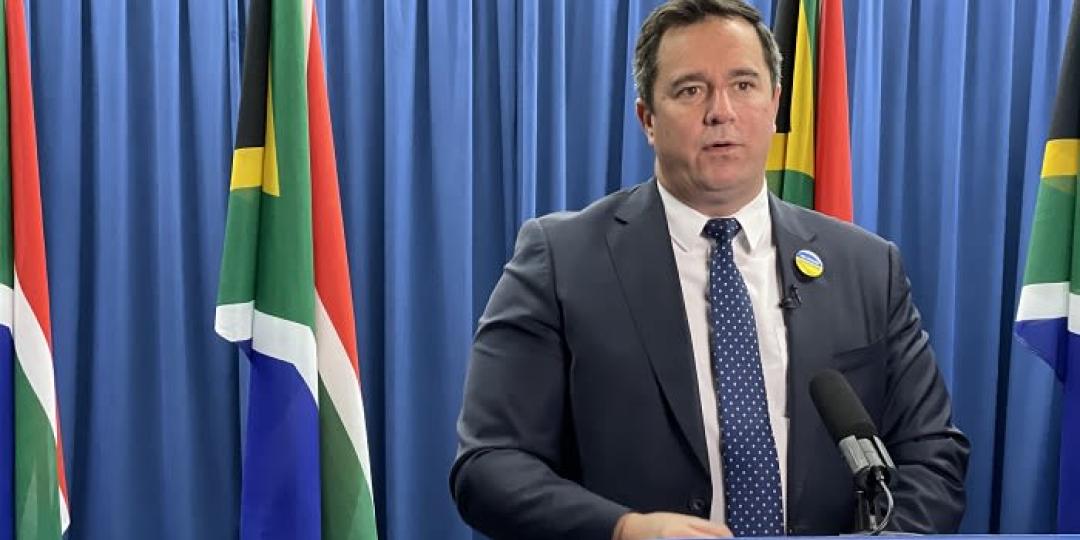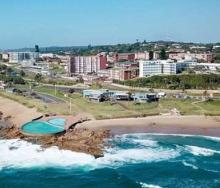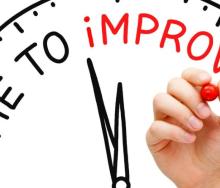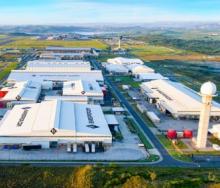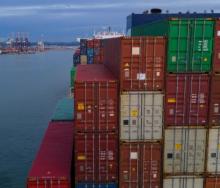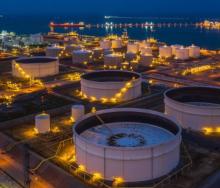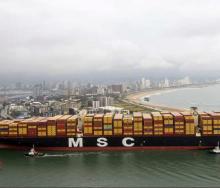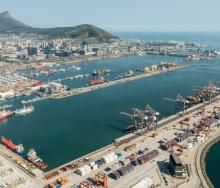President Cyril Ramaphosa had “desperately grasped at the straw” of a national state of disaster in the absence of real solutions to load-shedding, a move the Democratic Alliance (DA) will challenge in court, the party’s leader warned on Thursday.
DA leader John Steenhuisen said the party had already briefed its lawyers to challenge the consitutionality of the announcement in court.
“South Africa has been down this road before. During the Covid-19 disaster, we saw the fatal flaws in the national state of disaster legislation, which allows the ANC unfettered power to loot without any parliamentary oversight,” Steenhuisen said.
“The DA is already in court to declare the Disaster Management Act unconstitutional and we will now do the same to prevent the ANC looting frenzy that will follow Ramaphosa’s dangerous and desperate announcement like night follows day. Our country simply cannot survive another round of the looting and irrationality we saw during the Covid pandemic.”
He said during the pandemic, a lack of accountability under a national state of disaster had enabled Minister of Cooperative Governance and Traditional Affairs (Cogta) Nkosazana Dlamini-Zuma – who is again in charge of managing the load-shedding disaster – to issue “nonsensical and economically destructive regulations” - from banning cooked chicken to open-toed shoes and alcohol.
“A national state of disaster under the guise of dealing with the load-shedding crisis will similarly empower the ANC to abuse procurement processes and issue nonsensical regulations that have nothing to do with the electricity crisis. The DA will not sit back and allow the ANC to abuse the electricity disaster it created to loot and further abuse the people of South Africa,” Steenhuisen said.
The DA had consistently called for urgent and focused interventions in the energy sector, he added.
“We reiterate our call to urgently loosen the regulatory noose around the electricity system’s neck by incentivising massive private sector investment in generation, and removing impediments like localisation requirements and BEE to enable Eskom to recruit the skilled people it so desperately needs to speed up maintenance and unbundling.”
He said the rest of Ramaphosa’s address was characterised “by the same delusion that led to the disaster declaration”.
“He talked of electric cars in a country that does not have electricity. He talked of hope in a country that has lost all hope. He also created yet another minister to add to the other two already getting in the way of a solution to the energy crisis.”
Instead of decentralising control and trusting in the market mechanism, Ramaphosa had opted to centralise more power without democratic oversight mechanisms, Steenhuisen added, with parliament “lying in ruins” and no Presidential portfolio committee to oversee it.
“More centralisation and less accountability is exactly the opposite of what SA urgently needs right now.”
